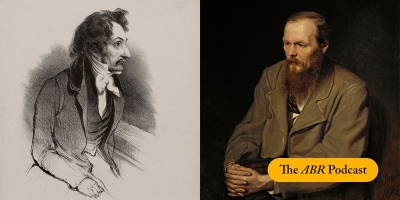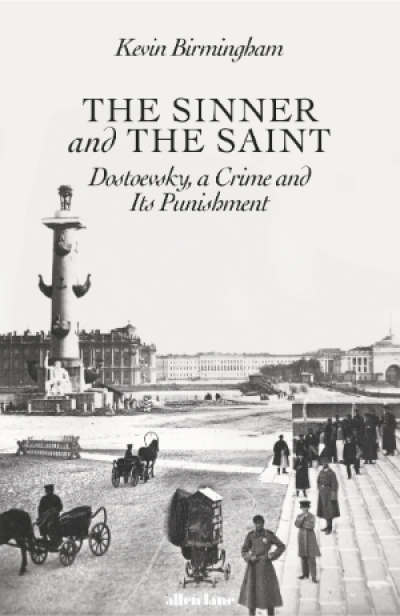Kevin Birmingham
Film | Theatre | Art | Opera | Music | Television | Festivals
Welcome to ABR Arts, home to some of Australia's best arts journalism. We review film, theatre, opera, music, television, art exhibitions – and more. To read ABR Arts articles in full, subscribe to ABR or take out an ABR Arts subscription. Both packages give full access to our arts reviews the moment they are published online and to our extensive arts archive.
Meanwhile, the ABR Arts e-newsletter, published every second Tuesday, will keep you up-to-date as to our recent arts reviews.
Recent reviews
Author and scholar Kevin Birmingham has shown that books as much as people are worthy subjects of biography. This year he has followed up The Most Dangerous Book, his award-winning account of the battle to get James Joyce’s Ulysses published, with The Sinner and the Saint, a book about the genesis of another classic: Crime and Punishment. In this week’s episode of The ABR Podcast, Geordie Williamson reads his review of Birmingham’s latest study, one which ‘brings microscopic detail and a sense of drama to the composition’ of Fyodor Dostoevsky’s masterpiece.
... (read more)


